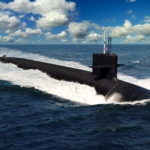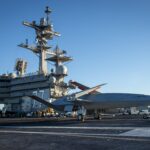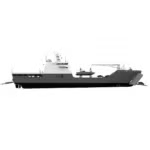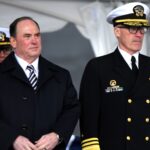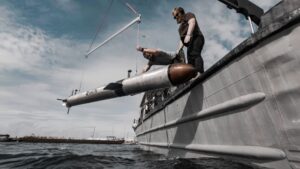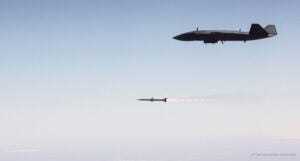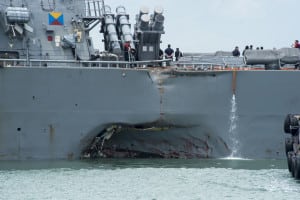
The Navy on Wednesday released the first official report explaining the specific actions leading up to and causes of the separate collisions of two Arleigh Burke-class guided missile destroyers in the Pacific this past summer.In a direct telling of the events it plainly explained how crew leaders and members made numerous mistakes leading up to the collisions.“Both of these accidents were preventable and the respective investigations found multiple failures by watch standers that contributed to the incidents. We must do…

 By
By 